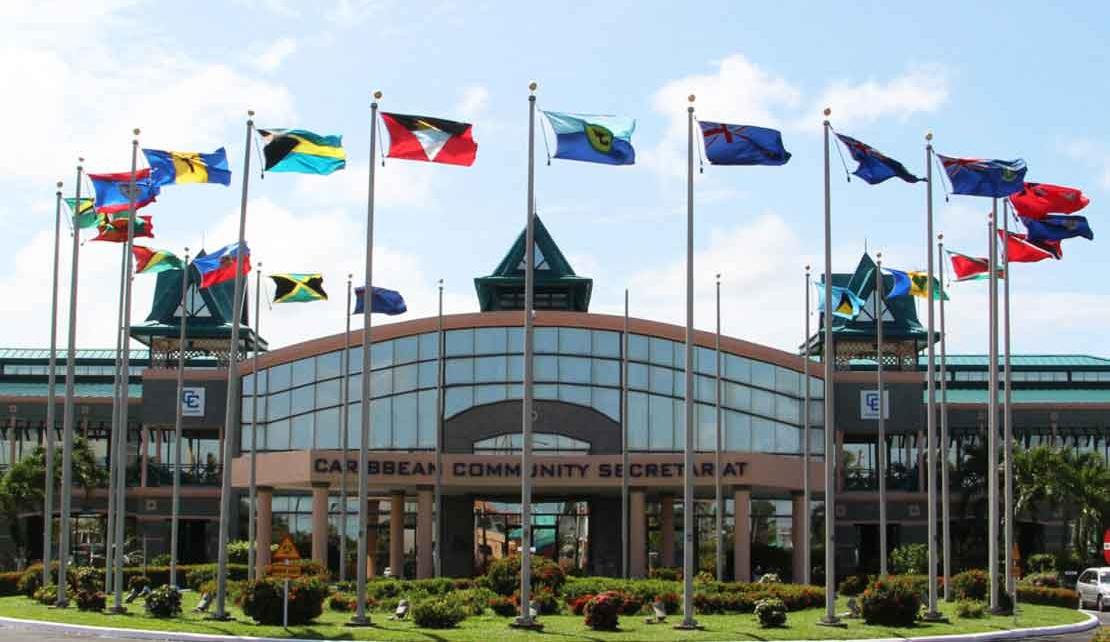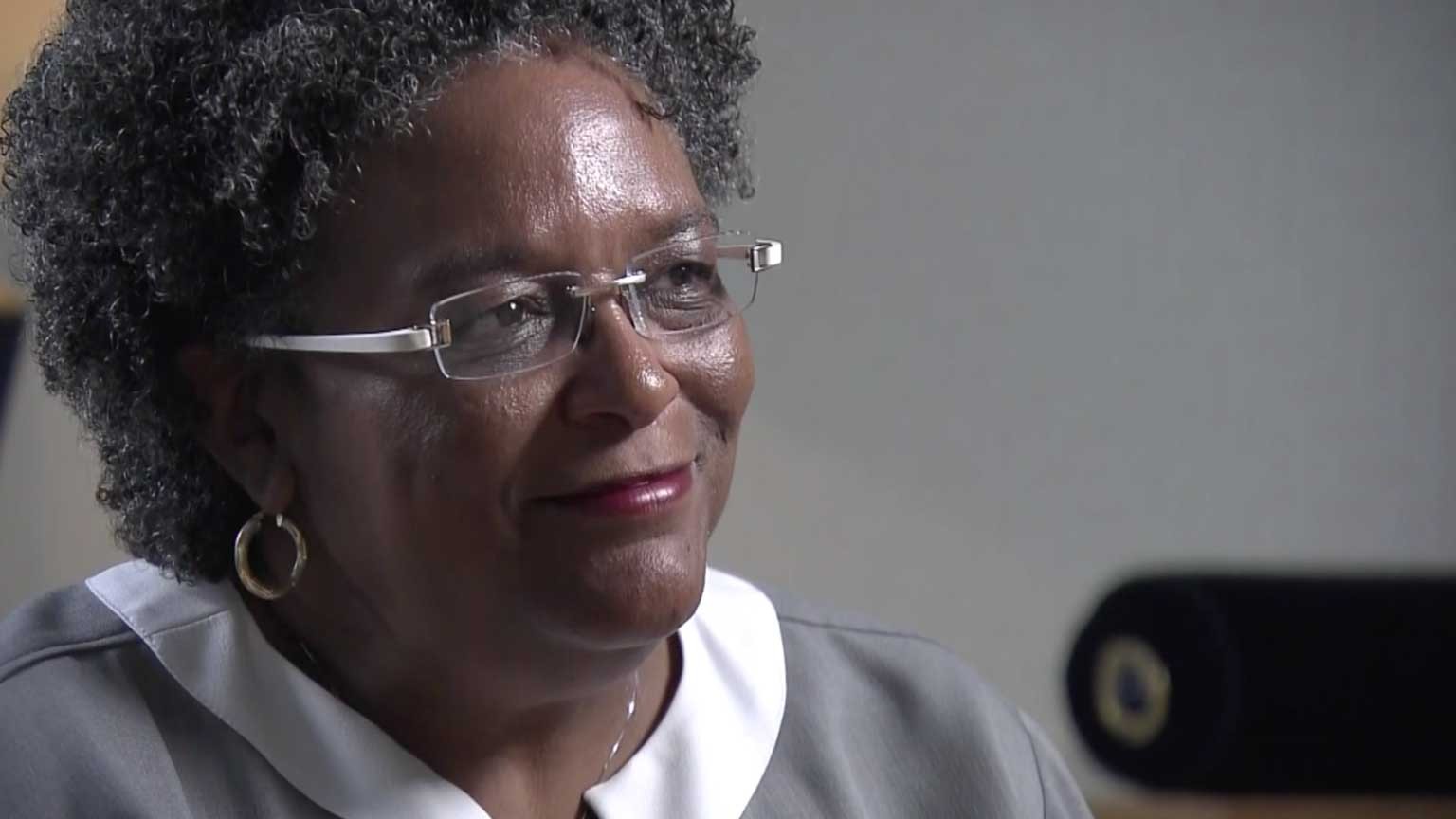CARICOM | Amidst a dangerous Hurricane Beryl, CARICOM Postpones its Annual Meeting set for Grenada

GEORGETOWN, Guyana, June 30, 2024 - The Caribbean Community (CARICOM) has been forced to postpone its annual summit, originally scheduled to begin this week in Grenada, as Hurricane Beryl, a newly minted Category 4 storm, barrels dangerously towards the southeastern Caribbean.
CARICOM leaders announced Sunday that the Heads of Government Conference would be delayed "to a date to be determined" as several member states brace for the impact of what the National Hurricane Center (NHC) describes as an "extremely dangerous" hurricane.
The postponement underscores the severity of the threat posed by Beryl, which rapidly intensified from a tropical depression to a major hurricane in just 42 hours - a feat accomplished only six other times in Atlantic hurricane history. As of 4 p.m. ET Sunday, Beryl was located about 250 miles east-southeast of Barbados, packing maximum sustained winds of 130 mph and moving west at 18 mph.
Hurricane warnings have been issued for Barbados, St. Lucia, Grenada, St. Vincent and the Grenadines, and Tobago - all CARICOM member states. The NHC warns of "life-threatening winds and storm surge" as Beryl approaches the Windward Islands early Monday.
The unprecedented strength and timing of Beryl have caught the attention of meteorologists and officials alike. Hurricane expert Michael Lowry told the Associated Press, "Beryl is an extremely dangerous and rare hurricane for this time of year in this area. Unusual is an understatement. Beryl is already a historic hurricane and it hasn't struck yet."
As Caribbean leaders scramble to prepare their nations for Beryl's impact, the postponement of the CARICOM summit highlights the immediate and pressing nature of the threat. The conference, typically a forum for discussing regional cooperation and development, has been superseded by the urgent need for disaster preparedness and response coordination.
With Beryl expected to remain an extremely dangerous Category 4 storm as it moves through the southeastern Caribbean on Monday night and Tuesday, the region faces a critical test of its emergency management capabilities.
The postponement of the CARICOM summit serves as a stark reminder of the vulnerability of Caribbean nations to extreme weather events and the need for continued focus on climate resilience and disaster preparedness in the region.

"We have been very clear that the G20 countries are responsible for 80 percent of the emissions that have led to climate change. And we are at a stage now where I don't even call it climate change anymore. It is a climate crisis.
The reality is that many of the developing countries do not have the resources to be able to build a resilient infrastructure, to minimize the loss of life, and to minimize the loss of property as a result of the climate crisis. We have said that those who are responsible should help carry some of the costs," Mottley said.
"Having said that, we also recognize that it is not only about governments ― it is also about non-state actors, companies who have helped to create the situation. Therefore, we need to find a mechanism within the world where the developed countries play their role, but equally, that we start to make a position for the non- state actors to also contribute, because the scale of the funds required to make the adjustment in what I now call the season of superlatives, the wetter season, the drier season, the hottest day, everything, the scale of resources needed, is so significant, that we cannot rely only on public money. So developed countries need to lead, but they will not be the only ones who will have to play their role," Mottley noted.
-30-
